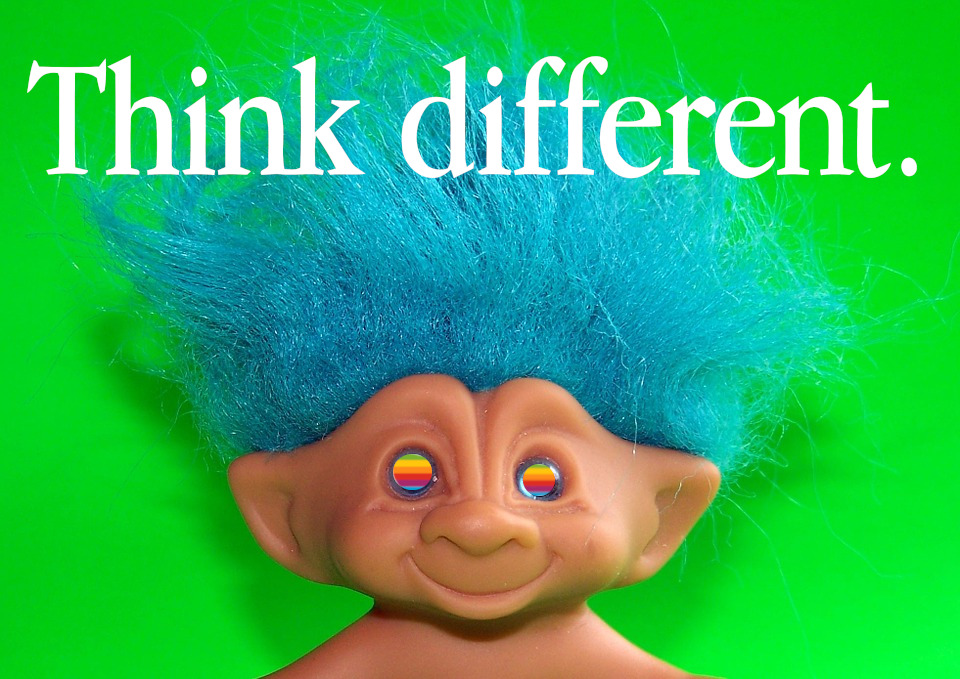
Today's Twitter threads (a Twitter thread).
Inside: The political possibility of cities; Donziger correction; and more!
Archived at: pluralistic.net/2021/03/21/ex-…
#Pluralistic
1/
Inside: The political possibility of cities; Donziger correction; and more!
Archived at: pluralistic.net/2021/03/21/ex-…
#Pluralistic
1/

The political possibility of cities: Find yourself a city to live in.
2/
https://twitter.com/doctorow/status/1373672975170297865
2/

Donziger correction: Not the only person in US pre-trial detention for a misdemeanor.
3/
https://twitter.com/doctorow/status/1373322342022049793
3/

#15yrsago Right-wing think-tank hates DRM web.archive.org/web/2006032106…
#15yrsago Canadian music industry pollsters slime Michael Geist web.archive.org/web/2006033020…
#1yrago Don't Look for the Helpers pluralistic.net/2020/03/21/mos…
4/
#15yrsago Canadian music industry pollsters slime Michael Geist web.archive.org/web/2006033020…
#1yrago Don't Look for the Helpers pluralistic.net/2020/03/21/mos…
4/

Yesterday's threads: Department of Truth; Support Amazon workers today; and more!
5/
https://twitter.com/doctorow/status/1373286636713246720
5/
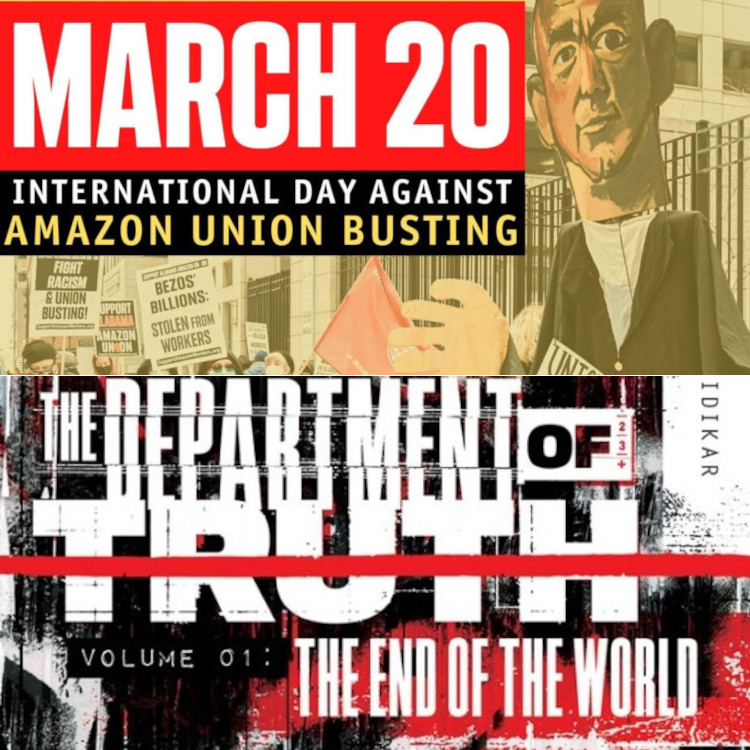
My latest novel is Attack Surface, a sequel to my bestselling Little Brother books. @washingtonpost called it "a political cyberthriller, vigorous, bold and savvy about the limits of revolution and resistance."
Get signed books from @darkdel: darkdel.com/store/p1840/Av…
6/
Get signed books from @darkdel: darkdel.com/store/p1840/Av…
6/
My book "How to Destroy Surveillance Capitalism" is a critique of Big Tech connecting conspiratorial thinking to the rise of tech monopolies (proposing a way to deal with both) is now out in paperback:
onezero.medium.com/how-to-destroy…
Signed copies here:
darkdel.com/store/p2024/Av…
7/
onezero.medium.com/how-to-destroy…
Signed copies here:
darkdel.com/store/p2024/Av…
7/
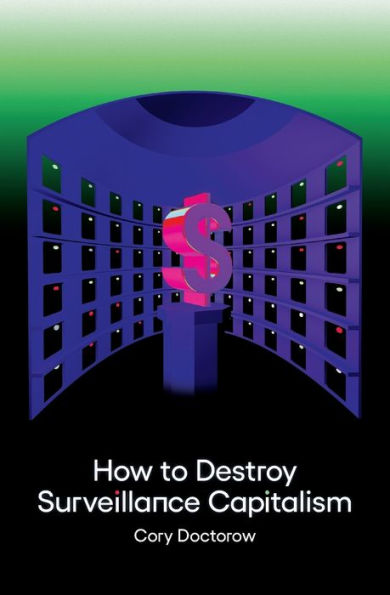
My ebooks and audiobooks (from @torbooks, @HoZ_Books, @mcsweeneys, and others) are for sale all over the net, but I sell 'em too, and when you buy 'em from me, I earn twice as much and you get books with no DRM and no license "agreements."
craphound.com/shop/
8/
craphound.com/shop/
8/

Upcoming appearances:
* Balancing Worldbuilding and Narrative (with Karen Osborne and Kali Wallace), Mar 24, ucsd.zoom.us/webinar/regist…
* Launch for Brian David Johnson's Future You (Powell's Books), Mar 30, zoom.us/webinar/regist…
9/
* Balancing Worldbuilding and Narrative (with Karen Osborne and Kali Wallace), Mar 24, ucsd.zoom.us/webinar/regist…
* Launch for Brian David Johnson's Future You (Powell's Books), Mar 30, zoom.us/webinar/regist…
9/
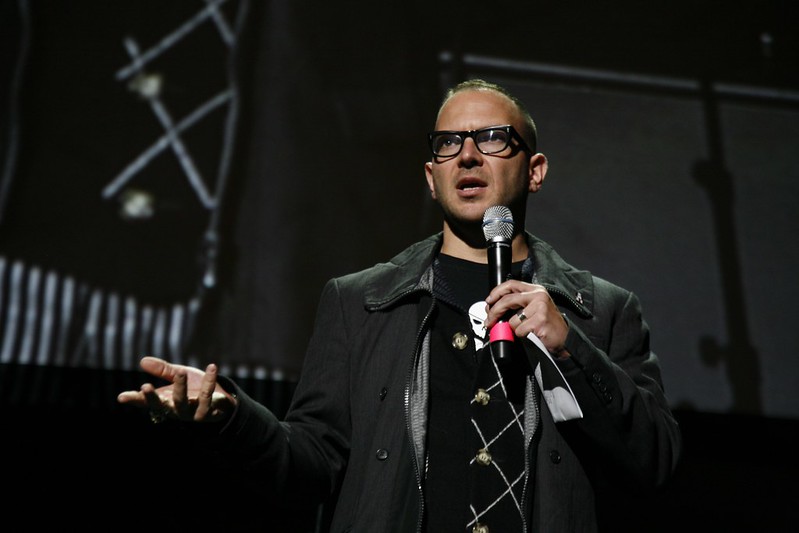
Recent appearances:
* The surveillance state, digital monopolies, and why we should be worried (Podsongs)
anchor.fm/podsongs/episo…
* Conspiracy Theories (Utopian Horizons):
soundcloud.com/utopianhorizon…
* Canadian Speculative Fiction (Unknown Worlds):
unknownworlds.podbean.com/e/canadian/
10/
* The surveillance state, digital monopolies, and why we should be worried (Podsongs)
anchor.fm/podsongs/episo…
* Conspiracy Theories (Utopian Horizons):
soundcloud.com/utopianhorizon…
* Canadian Speculative Fiction (Unknown Worlds):
unknownworlds.podbean.com/e/canadian/
10/
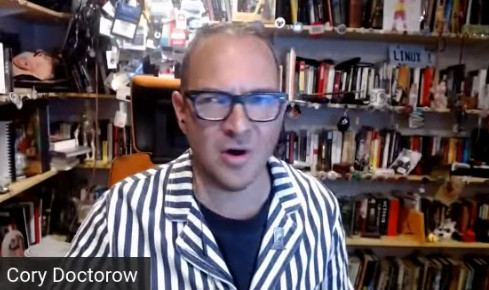
My first picture book is out! It's called Poesy the Monster Slayer and it's an epic tale of bedtime-refusal, toy-hacking and monster-hunting, illustrated by Matt Rockefeller. It's the monster book I dreamt of reading to my own daughter.
pluralistic.net/2020/07/14/poe…
11/
pluralistic.net/2020/07/14/poe…
11/
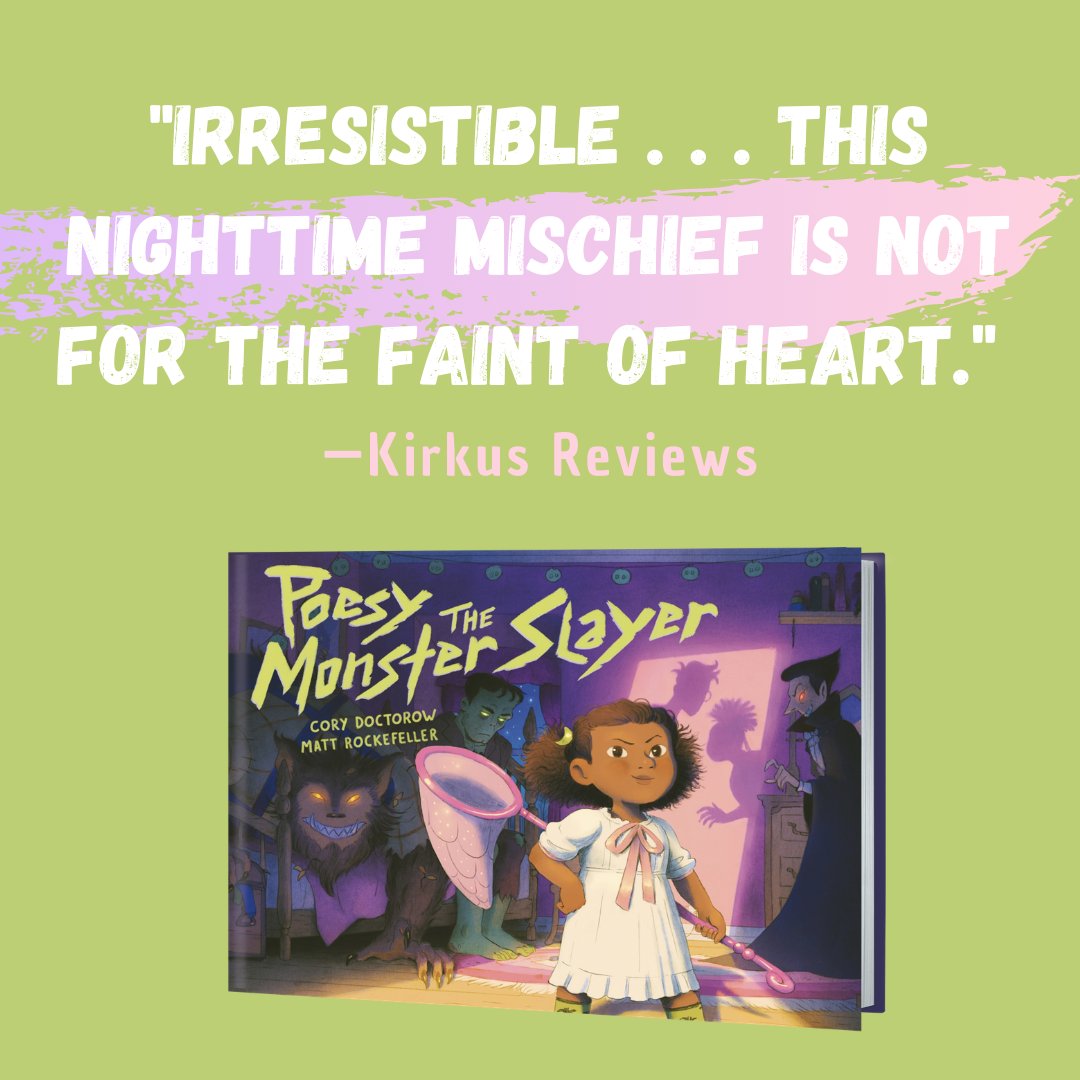
You can also follow these posts as a daily blog at pluralistic.net: no ads, trackers, or data-collection!
Here's today's edition: pluralistic.net/2021/03/21/ex-…
12/
Here's today's edition: pluralistic.net/2021/03/21/ex-…
12/
If you prefer a newsletter, subscribe to the plura-list, which is also ad- and tracker-free, and is utterly unadorned save a single daily emoji. Today's is "🌨". Suggestions solicited for future emojis!
Subscribe here: pluralistic.net/plura-list
13/
Subscribe here: pluralistic.net/plura-list
13/
Are you trying to wean yourself off Big Tech? Follow these threads on the #fediverse at @pluralistic@mamot.fr.
Here's today's edition: mamot.fr/@pluralistic/1…
eof/
Here's today's edition: mamot.fr/@pluralistic/1…
eof/
• • •
Missing some Tweet in this thread? You can try to
force a refresh




